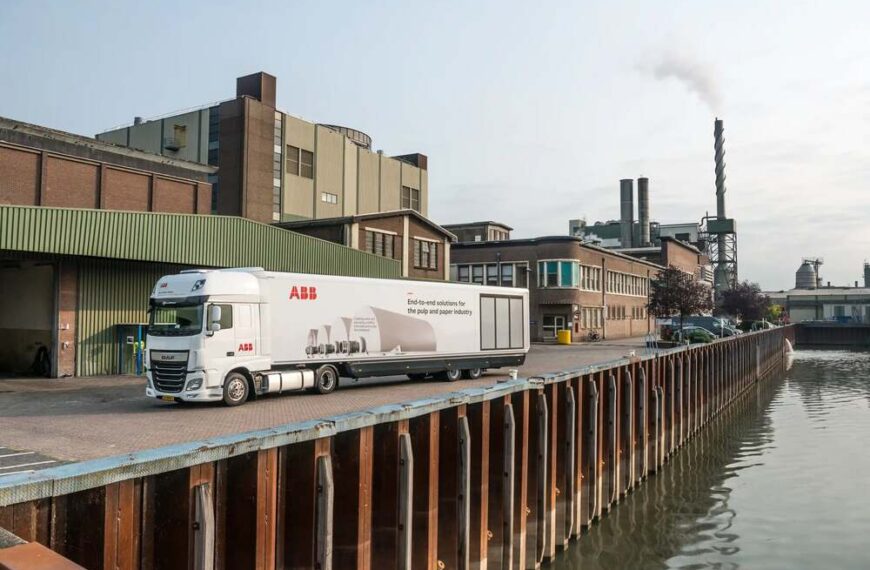Running a business as a sole trader has its pros and cons, and there are a lot of things that will help you decide if this is the right structure for your business.
A sole trader is an individual who works for themselves and runs a business. It is the easiest and cheapest way to run a business in Australia, which is why many business owners choose to be sole traders.
There are other ways to set up your business than as a sole trader. You could start a company, form a partnership, or use a more complicated structure.
How to Start a Business as a Sole Trader
To become a sole trader, you only need to do three simple things:
- Request an Australian Business Number (ABN) (ABN)
- If you don’t want to trade under your own name, you will need to register a business name with ASIC.
- You must register for Goods and Services Tax (GST) with the Australian Tax Office (ATO) if you expect your annual sales to be more than $75,000. (this can be done online, by phone or through a registered tax agent at the time of registering your business or any period after registration)
What are the Benefits of Being a Sole Trader?
Setting up your business as a sole trader has many benefits. Among these are the following:
- You have full control over your assets and make most of the business’s decisions.
- You are entitled to all of the money your business makes (subject to if you have employees)
- Small businesses can take advantage of certain tax breaks.
- There aren’t many requirements to become a sole trader, so there aren’t many costs to get started.
- Less information has to be reported.
What are the Disadvantages of Being a Sole Trader?
Even though there are many benefits to being a sole trader, people who want to run a business as a sole trader should think about the following:
- As a sole trader, you have unlimited liability. There is no legal separation between your business assets and your personal assets, so your assets may be at risk if your business goes bankrupt or if you get sued. It is, for this reason, you should fully research your sole trader liability insurance options.
- You can’t raise money because you can’t sell shares in your business.
- You lose the benefits of working with others and having a variety of jobs that come with partnerships and larger businesses.
- Sole proprietors don’t have access to workers’ compensation. This can make you or your company responsible if you get hurt on the job. But if you decide to hire people, you must get a workers’ compensation policy to cover them.
A sole trader is a person who works for himself or herself. The sole trader business structure is appealing because it is simple and less expensive to run than other options.
The best things about being a sole trader are that it’s cheap, you have full control over your business, and you get to keep all of the money you make.
This is in contrast to the downsides of becoming a sole trader, such as the fact that you are responsible for both your business and personal assets, it can be harder to get money, and if you get hurt at work, you are not covered by workers’ compensation.
Also Read Interesting Articles At: Amazing Posting.














